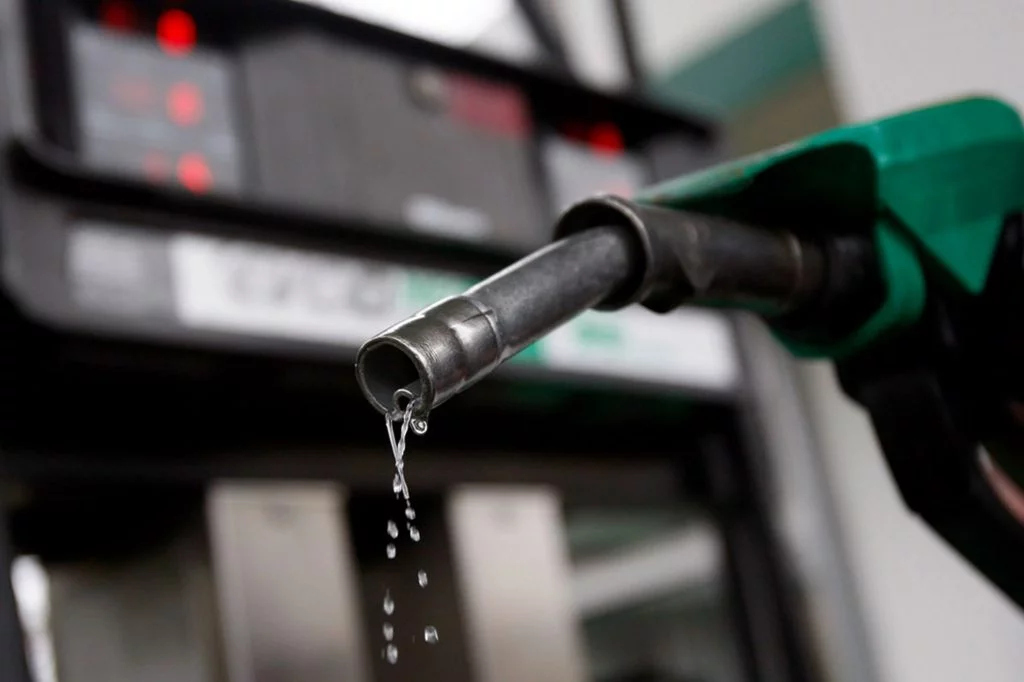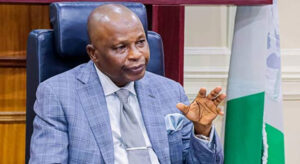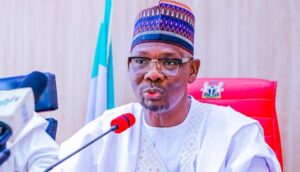As Nigeria celebrates its 64th Independence Day, the nation finds itself at a crossroads. While the country faces significant economic challenges, there is growing optimism from oil marketers and refiners that the price of petrol may drop soon. This hope stems from the new Naira-for-crude deal between the Federal Government and Dangote Refinery, which launched on October 1, 2024. The agreement aims to sell crude oil in Naira instead of foreign currency, and many believe it could lead to a reduction in the price of Premium Motor Spirit (PMS), commonly known as petrol, in the weeks and months ahead.
The Naira-for-crude deal is a new initiative designed to stabilize Nigeria’s fuel market by reducing reliance on foreign exchange (forex) for crude oil purchases. Under this deal, Dangote Refinery will purchase crude oil from the Nigerian National Petroleum Company Limited (NNPCL) using Naira rather than the U.S. dollar. The goal is to reduce pressure on Nigeria’s forex reserves and improve the supply chain for petrol, potentially leading to lower fuel prices for Nigerians.
This arrangement has been eagerly anticipated since President Bola Ahmed Tinubu approved it in July 2024. It officially started on October 1, 2024, when the Federal Government’s Technical Sub-Committee on Domestic Sales of Crude Oil in Local Currency confirmed that all systems were ready for the launch. This initiative is seen as a significant step toward stabilizing Nigeria’s energy sector, which has been plagued by high fuel costs and frequent price fluctuation.
According to Abubakar Maigandi, President of the Independent Petroleum Marketers Association of Nigeria (IPMAN), the Naira-for-crude deal could lead to a noticeable reduction in the price of petrol. Maigandi acknowledged that while it’s hard to predict exactly how much the price will fall, the deal is expected to have a positive impact on petrol prices, even if the initial reduction is small.
Eche Idoko, spokesperson for the Crude Oil Refiners Association of Nigeria (CORAN), also expressed confidence in the deal. He believes that apart from lowering petrol prices, the Naira-for-crude arrangement could lead to a significant appreciation of the Naira against the dollar. A stronger Naira would make imports cheaper and reduce the overall cost of fuel, which could translate into lower prices at the pump for consumers.
Idoko also emphasized that selling crude oil in Naira will offer discounts that could directly affect the pump price of petrol. He explained that several factors, including the exchange rate and crude oil prices, play a role in determining fuel costs, and the Naira-for-crude deal could influence these factors in a way that benefits Nigerians.
The price of petrol has a direct impact on transportation costs, which in turn affects the prices of goods and services across Nigeria. As one of the most important commodities in the country, any reduction in fuel prices could have a significant ripple effect on the economy. Lower transportation costs could lead to a decrease in the cost of essential goods, making everyday items more affordable for Nigerians.
At the current price of between N950 and N1,100 per liter of petrol, many Nigerians are struggling to cope with the high cost of living. A reduction in fuel prices would offer much-needed relief to millions of people, especially those living in poverty. It could also boost economic activity by making it cheaper for businesses to transport goods, potentially driving down inflation and improving overall economic stability.
Despite the optimism surrounding the Naira-for-crude deal, Nigeria continues to face severe economic challenges. Since gaining independence in 1960, the country has struggled with inflation, high energy costs, and a weakening Naira. Over the past six decades, the price of petrol has skyrocketed from just 4 kobo per liter in the 1960s to over N1,000 per liter in 2024. This increase has been driven by a combination of factors, including global oil prices, exchange rate fluctuations, and inefficiencies in Nigeria’s energy sector.
Nigeria’s annual inflation rate has also risen dramatically, from 5.44% in 1960 to 32.15% in 2024, making it increasingly difficult for ordinary Nigerians to afford basic goods and services. The Naira has depreciated significantly against the dollar, falling from N0.658 in 1972 to over N1,500 per dollar today. As a result, more than 150 million Nigerians are now living in poverty, a sharp increase from the 39 million recorded in 1992.
The high cost of borrowing is another major issue. Interest rates in Nigeria have risen from 7% in 1960 to 27.25% in 2024, making it difficult for businesses to access affordable credit and invest in the country’s economy. These challenges have contributed to widespread economic hardship, with many Nigerians struggling to make ends meet.
While fuel prices remain a major concern, Maigandi has urged Nigerians to be patient, assuring them that the current hardship won’t last forever. He pointed to the government’s new Compressed Natural Gas (CNG) Initiative as a potential solution to Nigeria’s energy crisis. The CNG Initiative aims to reduce the country’s dependence on petrol by promoting the use of natural gas as a cleaner and cheaper alternative.
According to Maigandi, the CNG Initiative could help reduce pressure on petrol prices, lower transportation costs, and ease the burden on Nigerians. If successful, the initiative could provide a long-term solution to Nigeria’s energy problems, offering a more sustainable and affordable option for powering vehicles and industries.
Reflecting on Nigeria’s 64 years of independence, Idoko expressed disappointment with how the country has managed its oil wealth. Since the discovery of oil in Oloibiri in the 1950s, Nigeria has struggled to harness its vast natural resources for the benefit of its people. In contrast, countries like Saudi Arabia, the United Arab Emirates, and Norway have used their oil wealth to develop their economies and improve the quality of life for their citizens.
Despite this disappointment, Idoko remains hopeful that Nigeria can turn things around. He believes that new energy policies and a focus on energy self-sufficiency could usher in a new era of progress for the country. The Naira-for-crude deal, along with other government initiatives, could help Nigeria unlock its potential and create a more prosperous future for its citizens.
As Nigeria marks its 64th year of independence, the nation faces a complex mix of challenges and opportunities. While the economic situation remains difficult, the Naira-for-crude deal offers a glimmer of hope for Nigerians. If successful, the agreement could lead to lower fuel prices, a stronger Naira, and improved living conditions for millions of people.
At the same time, initiatives like the Compressed Natural Gas (CNG) program provide alternative solutions to the country’s energy crisis, offering a path toward a more sustainable future. While there is still much work to be done, the future of Nigeria’s oil and gas sector holds promise, and the country’s resilience and resourcefulness may yet see it overcome its current difficulties.







